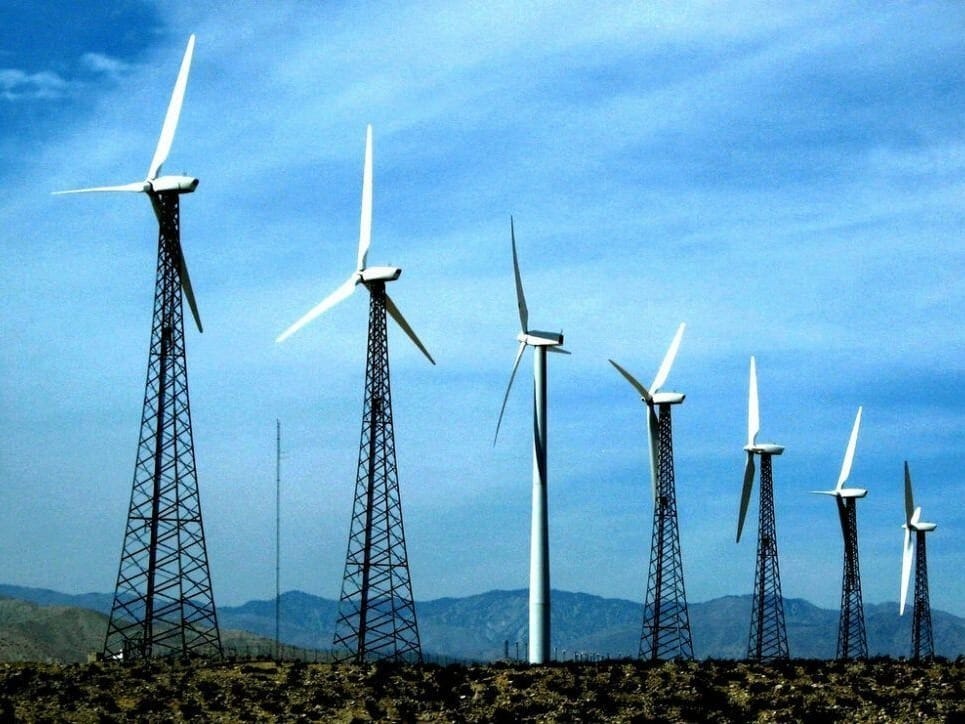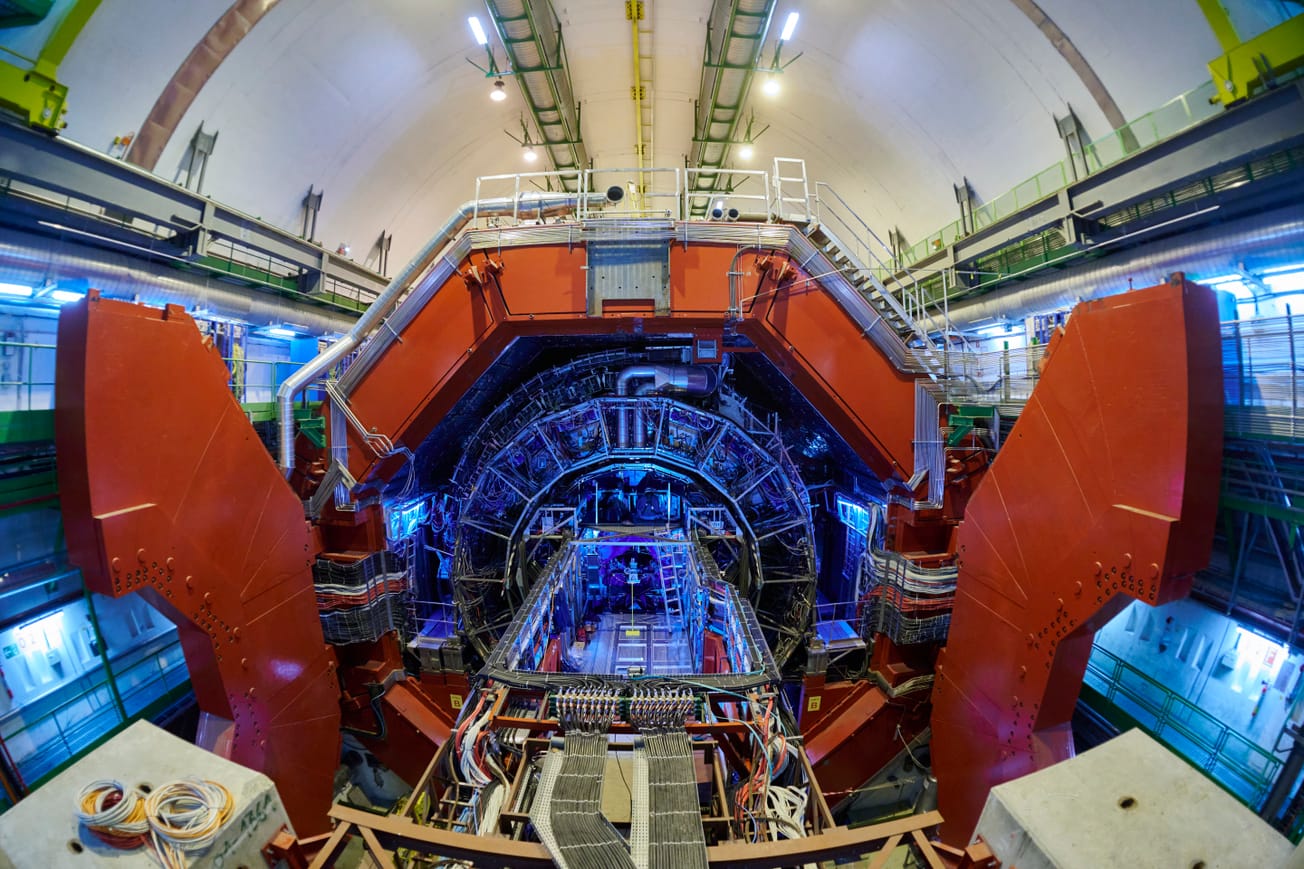GENEVA (AN) — Proponents of clean energy say a new global fund is needed to drive the creation of technology that can fulfill the 2015 Paris Agreement's goal of halting a rise in global temperatures.
A global fund or international organization could accelerate innovation enabling the energy sector "to meet the demands placed on it by the Paris climate agreement and play a positive role in the fight against climate change," the World Economic Forum, or WEF, and Mission Innovation, an alliance of 22 governments and the European Union said.









